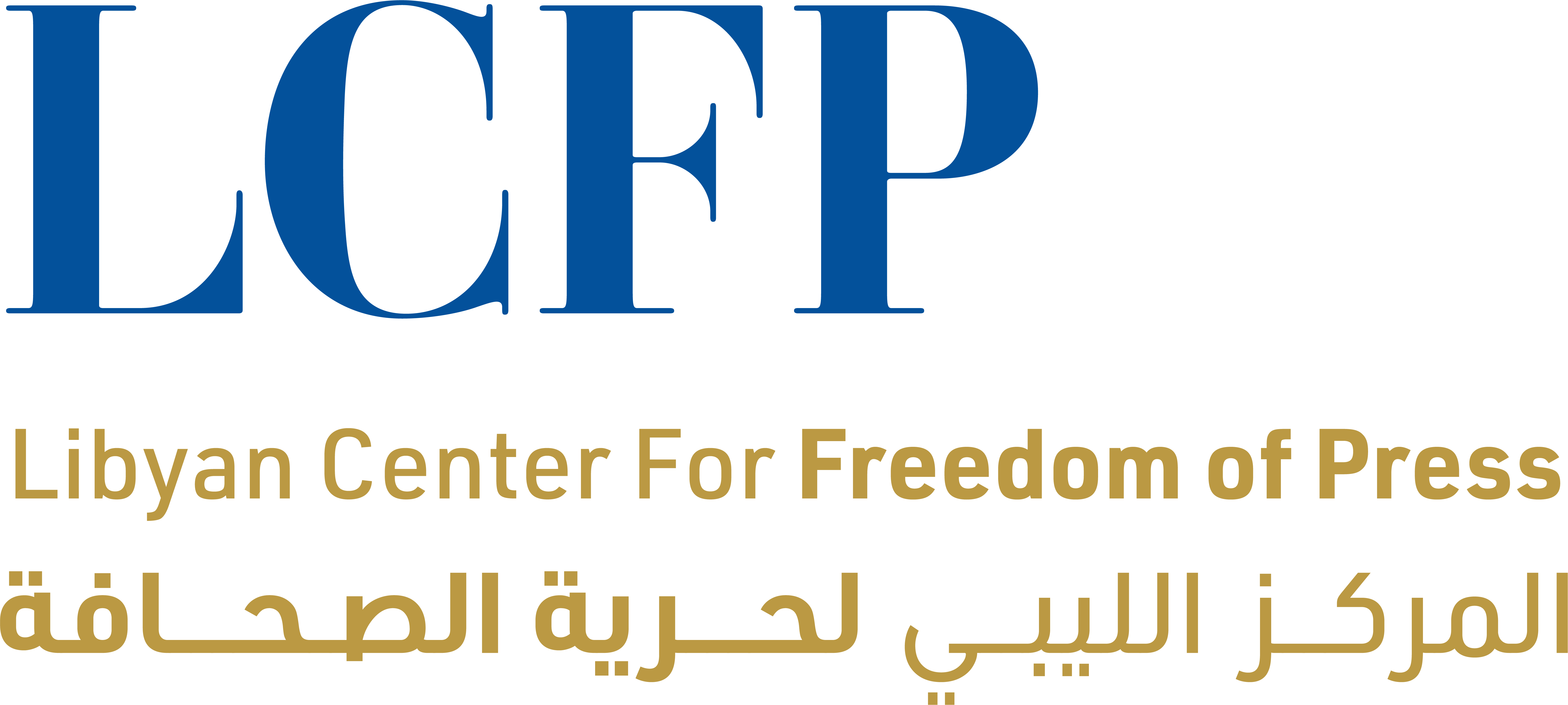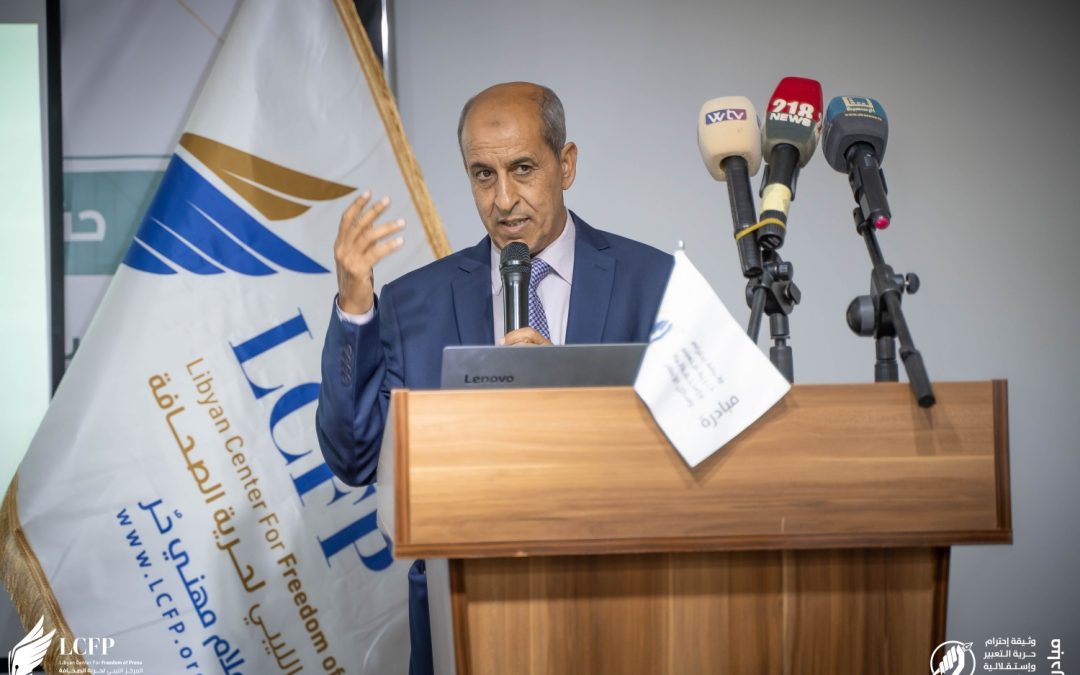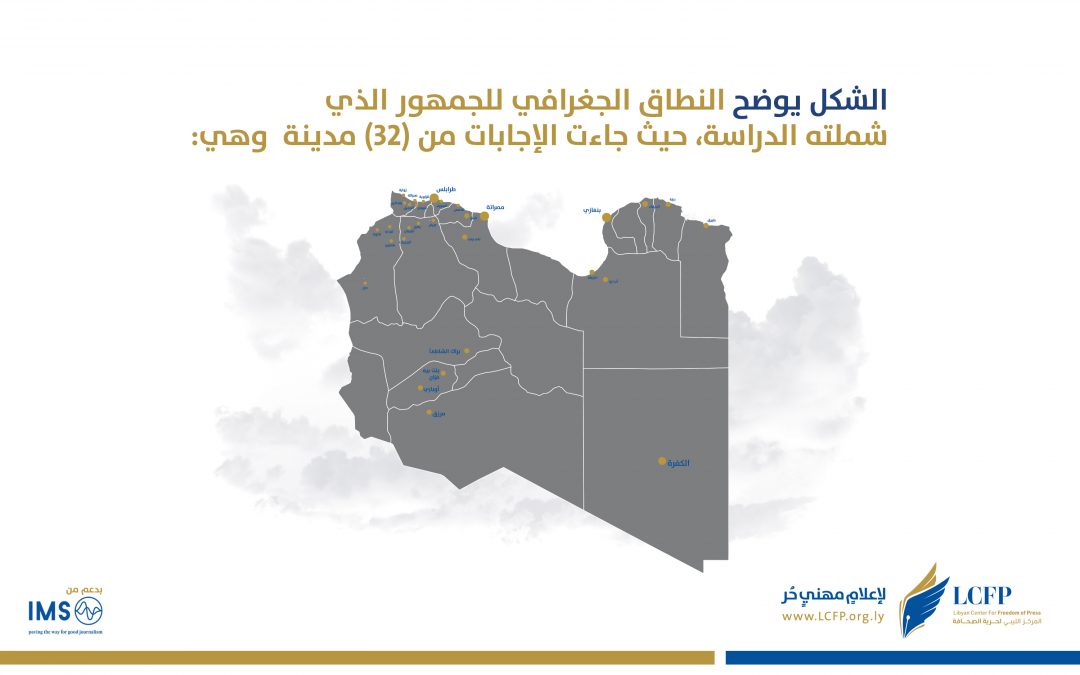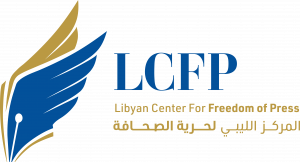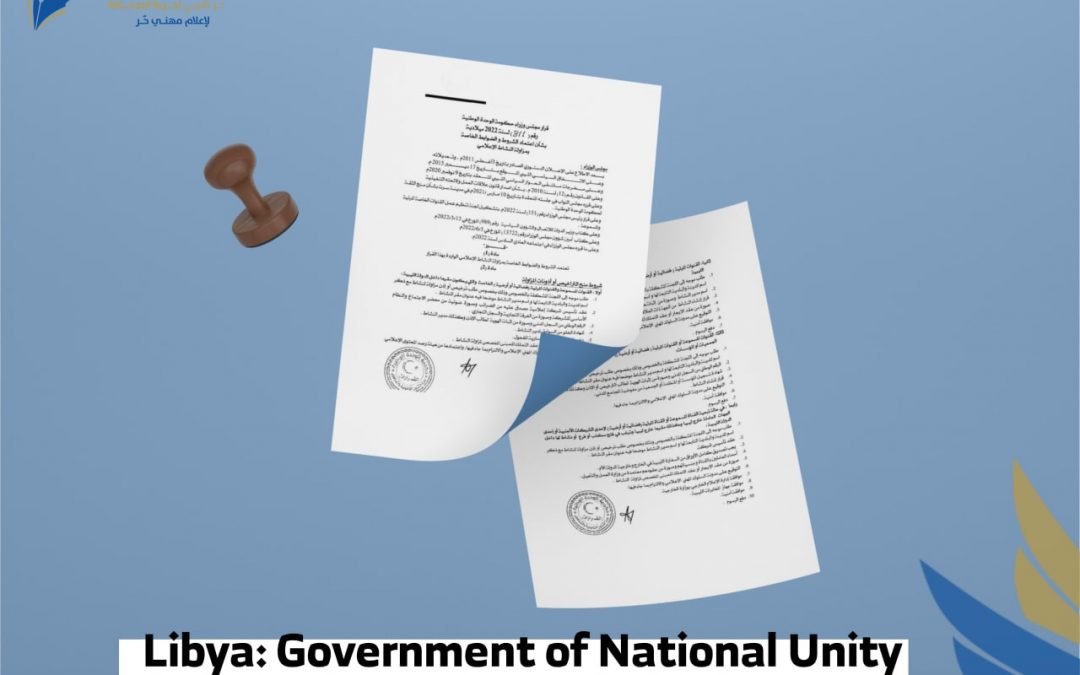
Libya: Government of National Unity must repeal new media rules
The undersigned organisations and associations call on the Government of National Unity to repeal its dangerous decision regarding audiovisual media because of the grave risks it poses to the diversity and plurality of the media landscape in Libya, as well as its threat to the integrity of any upcoming electoral process
On 15 September 2022, the Government of National Unity issued Decision n° 811 of 2022 on the conditions and requirements for audiovisual media activities. Decision n° 811 includes irregular stipulations that violate media freedom, such as requiring the approval of the security authorities or the approval of the Libyan intelligence service – and thereby allowing security and military authorities to intervene in the regulation of audiovisual media
The lack of independence of the committee adds to the seriousness of the situation. The Committee for the Regulation of the Work of Private Audiovisual Channels is supervised by the Department of Information and Government Communications at the Cabinet Office, and security agencies have a strong presence within the committee itself: it is headed by a former security officer and several members sit on the committee, including two representatives of the Ministry of Interior and the Libyan intelligence service
The permission to practice is granted by the Committee for the Regulation of the Work of Private Audiovisual Channels, which was established in March 2022 by a government decision, n°151 of 2022. Permission is granted after media outlets meet a set of conditions that determine the legal status of media institutions and outlets that produce audiovisual content, and after they obtain a licence from the Ministry of Interior or the intelligence service or tax administration, and pay the required fees
The government’s decision requires that audiovisual institutions pay high fees ranging from 20,000 to 30,000 dollars for TV channels, and between 7,000 and 10,000 dollars for radio stations. These fees constitute unfair, prohibitive conditions, especially since channels are obliged to pay between 4,000 and 20,000 dollars each year to renew their licence. These conditions threaten the viability of media institutions, which may find themselves unable to continue their activities if they do not meet the approval of the security services or the intelligence service or because of their inability to pay the high amount of fees
The undersigned organisations and associations stress that while it is legitimate to regulate the audiovisual communication sector with the aim of ensuring the plurality and diversity of the media landscape and the transparency of media ownership, it should not end up with the government taking control of the media sector. The upcoming elections in Libya require that media institutions are protected from political tensions and from any threats of closure
The undersigned organisations and associations call on the Government of National Unity to withdraw this dangerous decision and to hold open and transparent consultations with media institutions, civil society organisations and experts to draft a decision that respects media freedom, independence, pluralism and the viability of the media
Signatory organizations
1. ARTICLE 19
2. Aman Organization against discrimination (AAD)
3. Libya Crimes Watch (LCW)
4. Adala for ( AFA)
5. Cairo institute for human rights studies (CIHRS)
6. The Libyan Center for Freedom of Press (LCFP)
7. Belaady Organization for Human Rights
8. Jurists without chains
9. Libyan Legal Aid Organization
